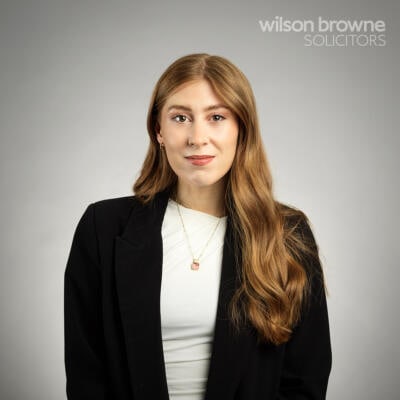Any individual or company can make an application to register a trademark, to protect their brand or logo from being replicated or misused elsewhere.
While text and logo trademarks are the most widely organised types, a variety of media is capable of being trademarked, even including audio trademarks, which can protect distinctive sounds from being reproduced.
The process of UK trademark registration is dealt with by the Intellectual Property Office (IPO) and there are three main steps in this process before a decision is made by the IPO which will determine if your trademark application has been successful. These are:
Step 1
- An application is made to the IPO for the registration of the trademark. This is done online via the IPO application portal.
- Prior to submitting your application, you should check the existing trademark register to ensure that there are no registered trademarks of the same or a similar nature, which increases the likelihood of your application being refused.
- You should also carefully read the guidance on the IPO website which sets out types of applications that will be refused, these include trademark applications that are ‘too genetic’ to be capable of registration, or those that are deemed to be misleading or offensive.
- The application will require you to select appropriate use classes (categories of goods or services) for your trademark, depending on the activities of the business and brand concerned.
|
Step 2
- The IPO will examine your application and in the absence of obvious defect, will publish the proposed trademark in the trademark journal. If there are no objections within 2 months of publication, then the trademark will formally be registered into the applicant’s ownership.
- If your trademark application is objected to by the owner of an existing trademark who claims that your proposed trademark is the same as or confusingly similar to the existing trademark, you will be notified by the IPO by means of a notice of intended objection.
- Following this, you can either withdraw your application or allow it to continue. In the latter case, the notice of intended objection may become an actual objection, which could result in your application being formally contested if you chose to proceed.
|
Step 3
- Following the 2-month publication period, and in the absence of a notice of intended objection, the IPO will register your trademark and issue you with a certificate of registration.
- You must renew your trademark every 10 years in order to prevent the trademark registration from lapsing.
|
The Corporate and Commercial team at Wilson Browne can assist with end-to-end management of your trademark applications. We can you assist you in advising on the prospects of success of a proposed trademark application, all the way through to lodging and managing your trademark application, to ensure that your intellectual property is properly protected.
For a no-obligation initial discussion, contact the Legal 500 recognised Corporate and Commercial team on 0800 088 6004.

